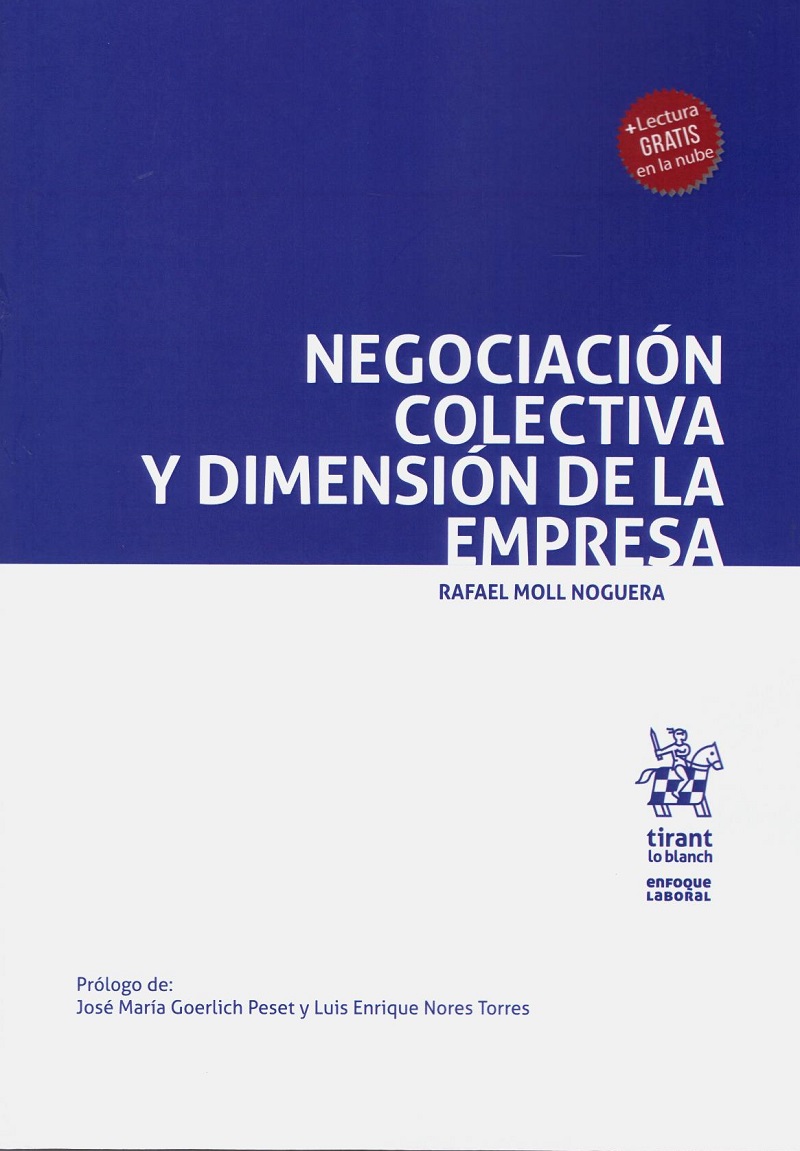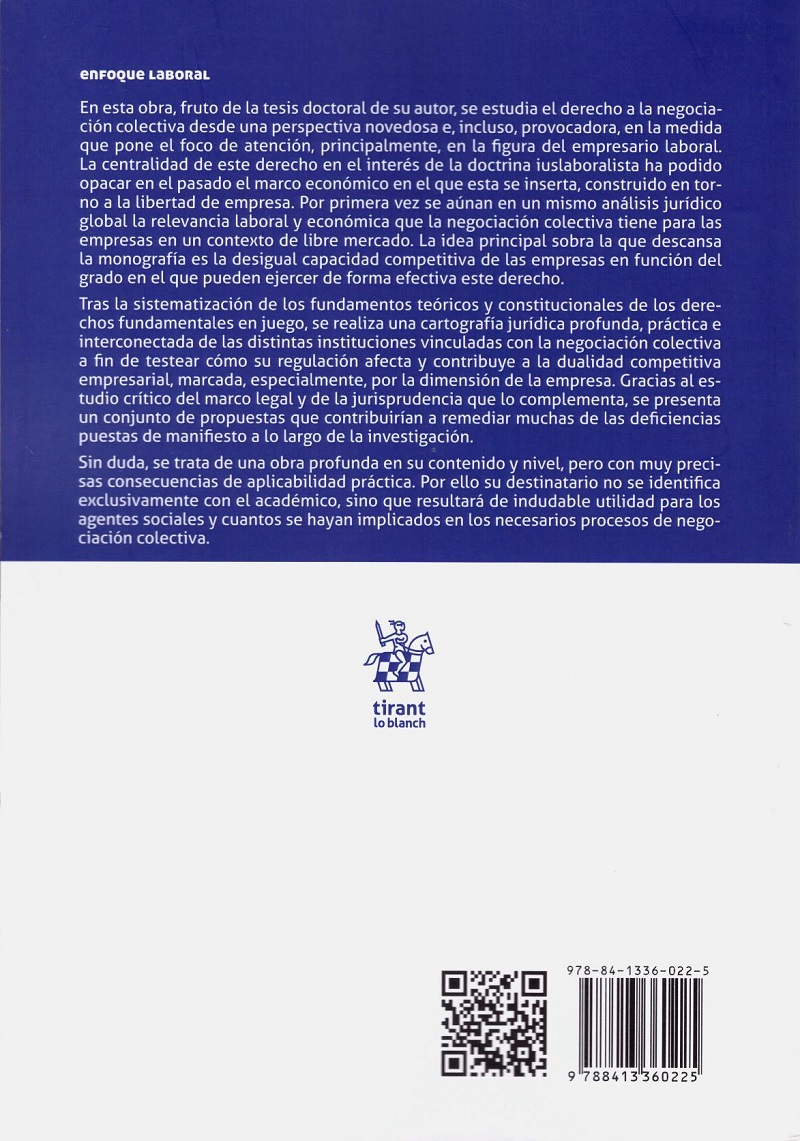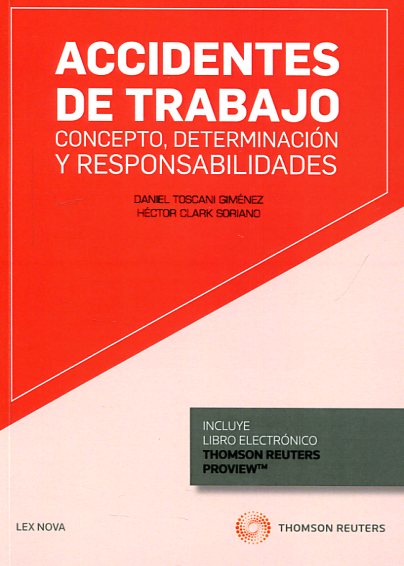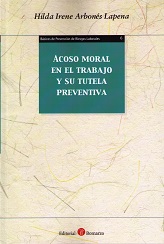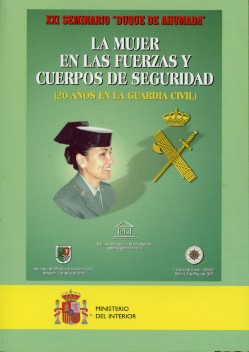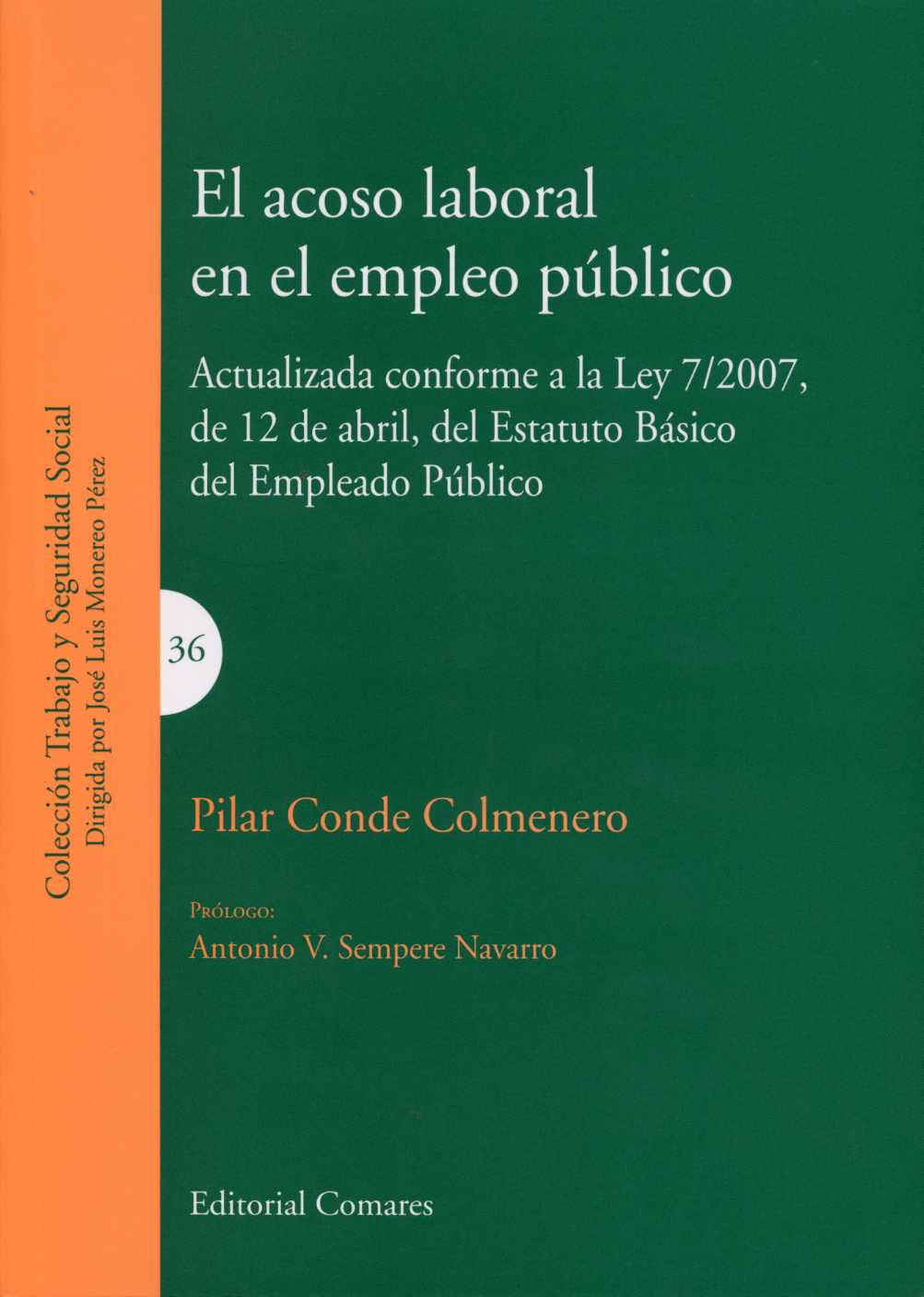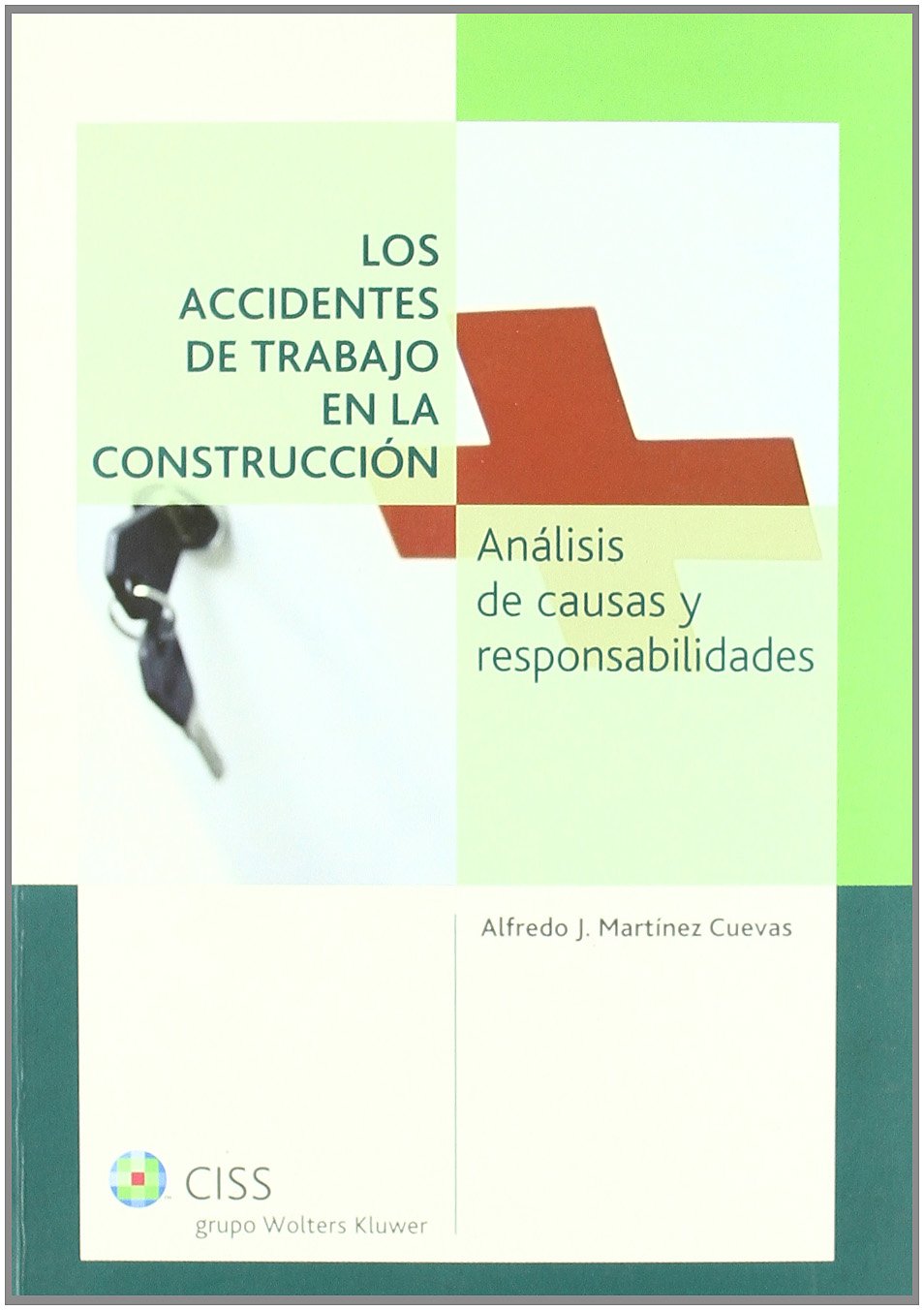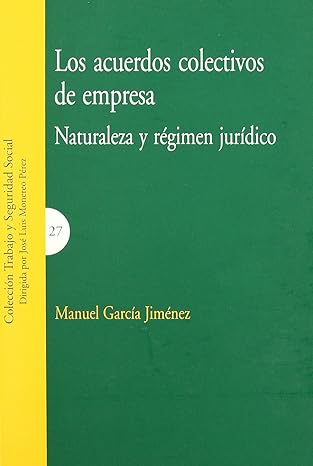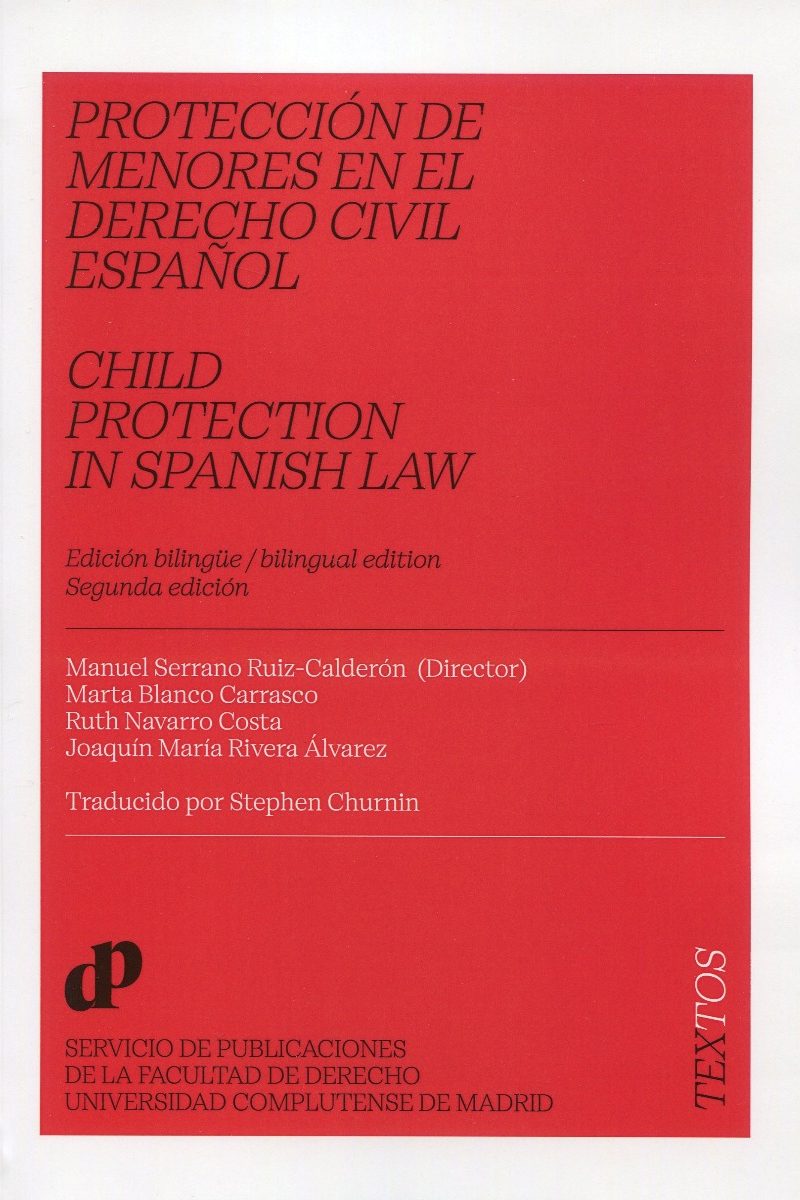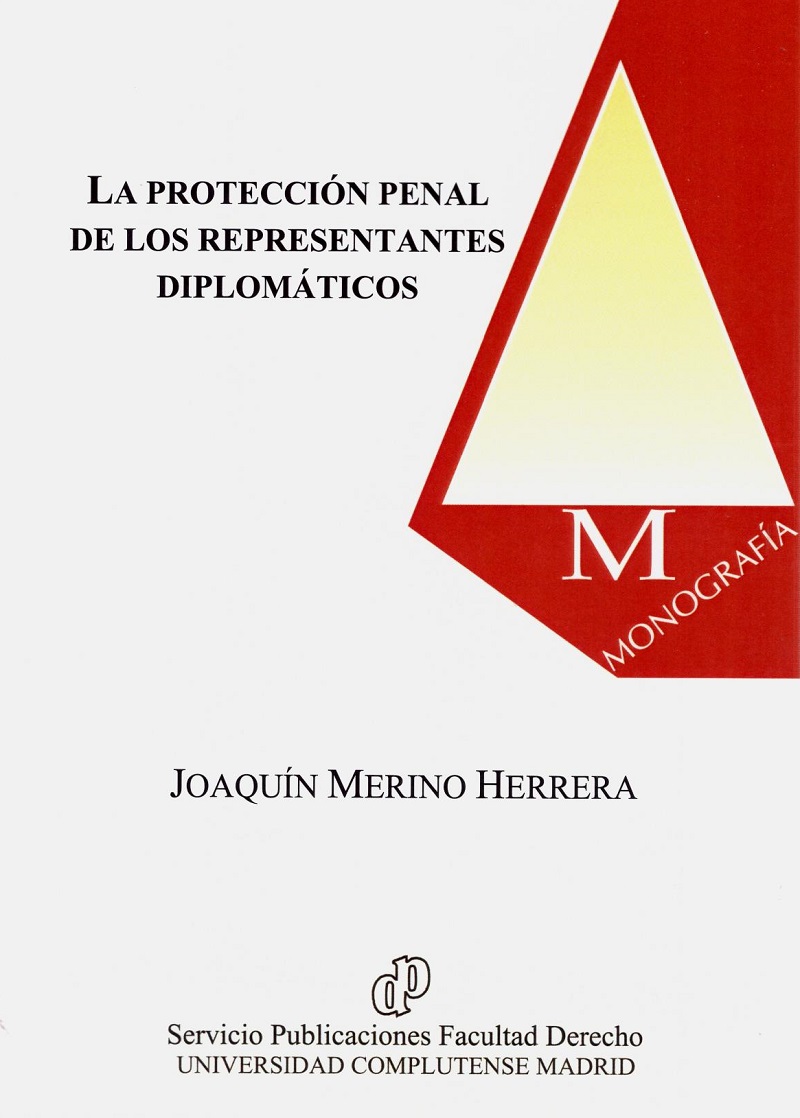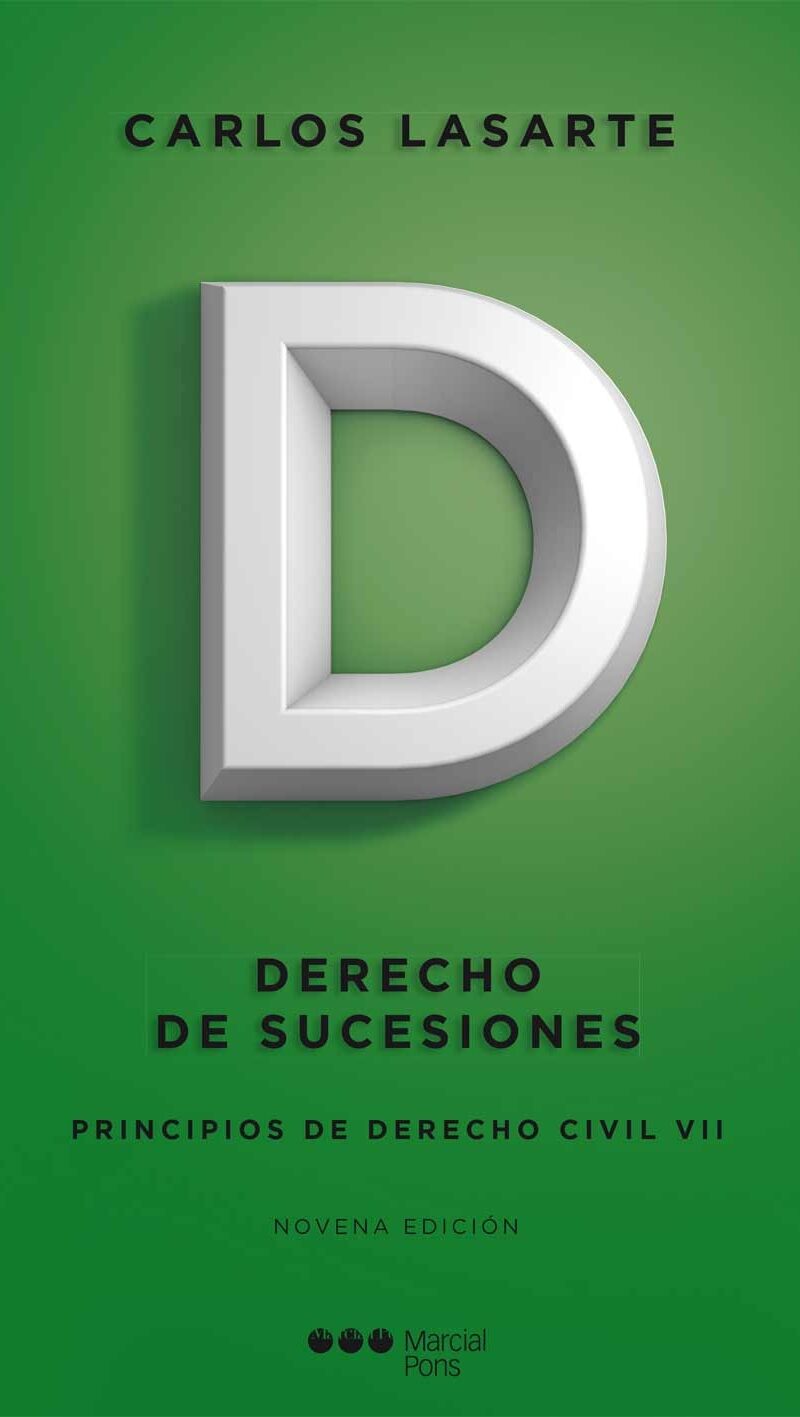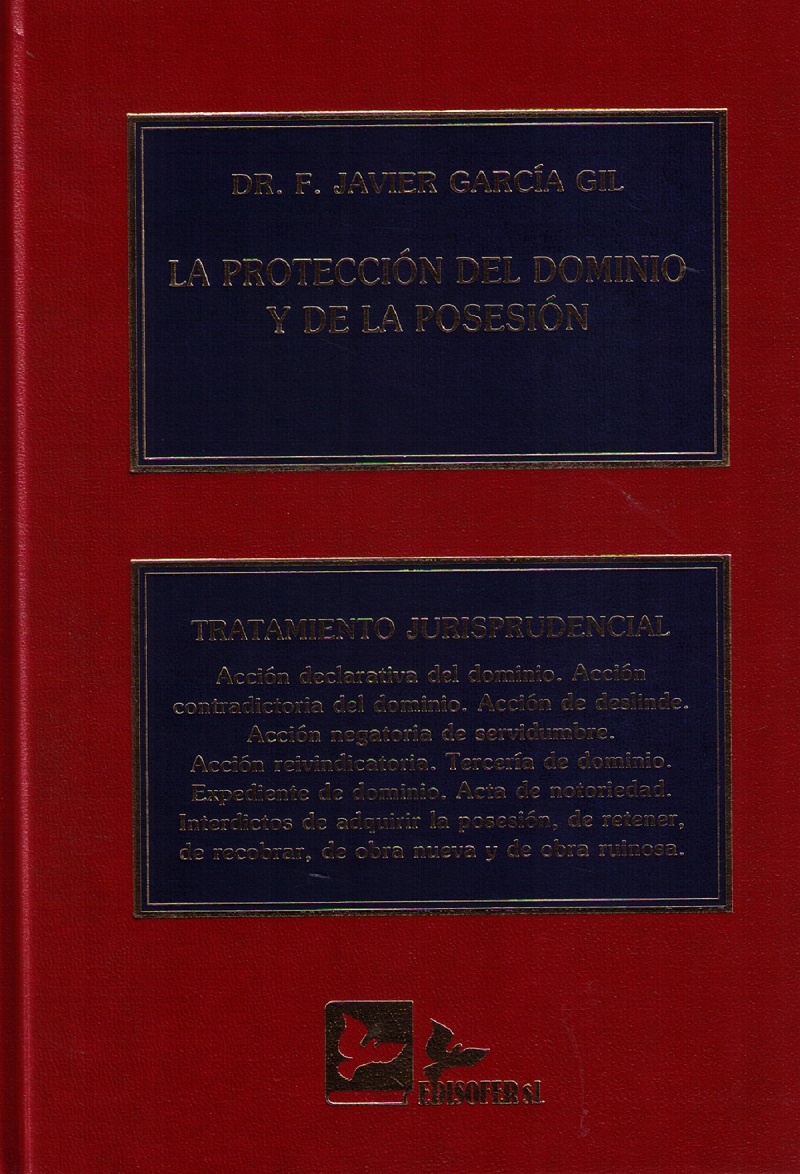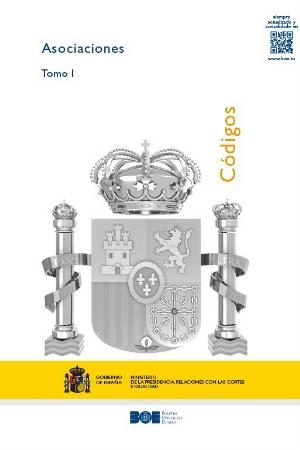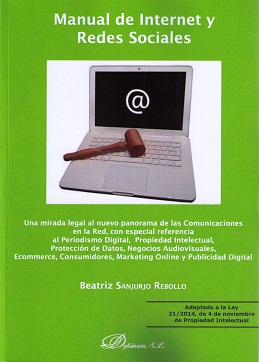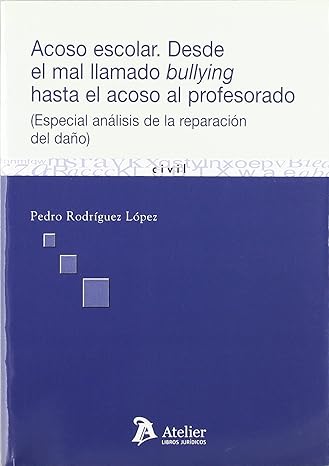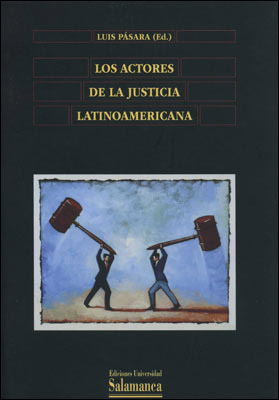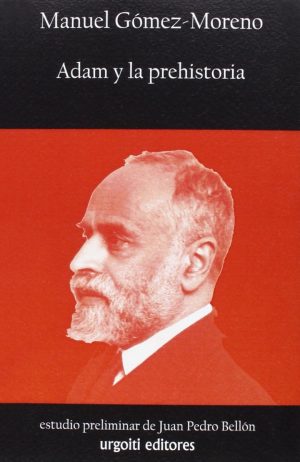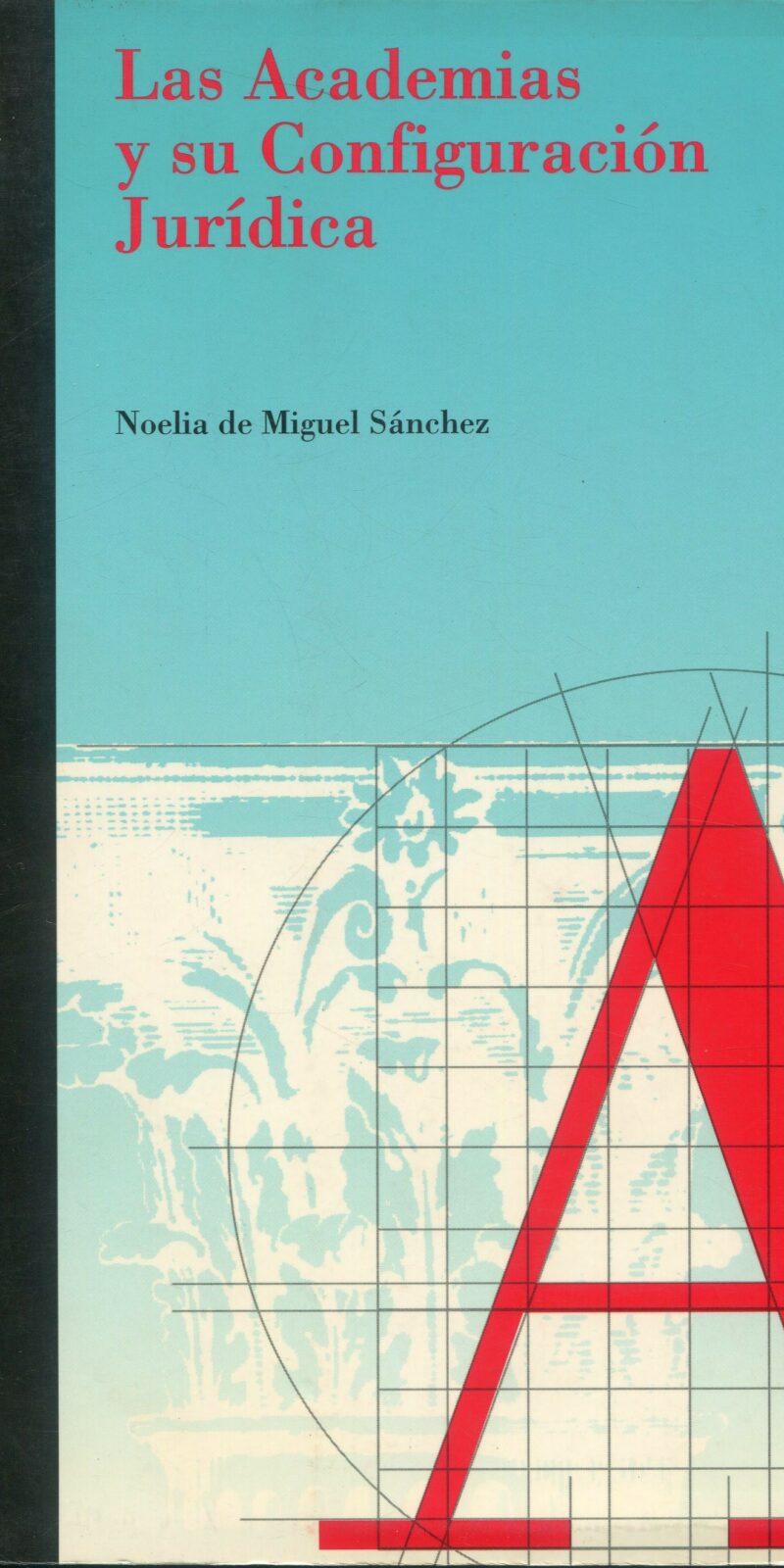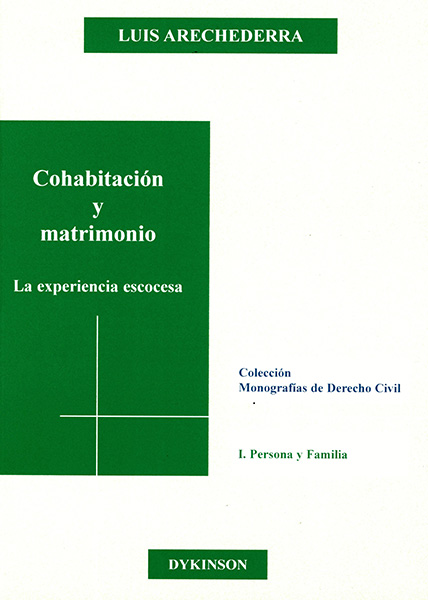En esta obra, fruto de la tesis doctoral de su autor, se estudia el derecho a la negociación colectiva desde una perspectiva novedosa e, incluso, provocadora, en la medida que pone el foco de atención, principalmente, en la figura del empresario laboral. La centralidad de este derecho en el interés de la doctrina iuslaboralista ha podido opacar en el pasado el marco económico en el que esta se inserta, construido en torno a la libertad de empresa. Por primera vez se aúnan en un mismo análisis jurídico global la relevancia laboral y económica que la negociación colectiva tiene para las empresas en un contexto de libre mercado. La idea principal sobra la que descansa la monografía es la desigual capacidad competitiva de las empresas en función del grado en el que pueden ejercer de forma efectiva este derecho.
Tras la sistematización de los fundamentos teóricos y constitucionales de los derechos fundamentales en juego, se realiza una cartografía jurídica profunda, práctica e interconectada de las distintas instituciones vinculadas con la negociación colectiva a fin de testear cómo su regulación afecta y contribuye a la dualidad competitiva empresarial, marcada, principalmente, por la dimensión de la empresa.
Gracias al estudio crítico del marco legal y de la jurisprudencia que lo complementa, se presentan un conjunto de propuestas que contribuirían a remediar muchas de las deficiencias puestas de manifiesto a lo largo de la investigación. Sin duda, se trata de una obra profunda en su contenido y nivel, pero con muy precisas consecuencias de aplicabilidad práctica. Por ello su destinatario no se identifica exclusivamente con el académico, sino que resultará de indudable utilidad para los agentes sociales y cuantos se hayan implicados en los necesarios procesos de negociación colectiva.
Introducción
Capítulo 1. La libertad de empresa
Capítulo 2. La negociación colectiva y su conexión con el empresario
Capítulo 3. La regulación de la legitimación negociadora como elemento anticompetitivo
Capítulo 4. La impugnación del convenio colectivo y su relación con la competitividad empresarial
Capítulo 5. Los límites sobre el convenio de empresa y su preferencia aplicativa
Capítulo 6. La inaplicación convencional: la última vía de negociación estatutaria para la defensa de la competitividad empresaria
Edited by Herbert Butterfield, Former Vice Chancellor and Regius Professor of Modern History, University of Cambridge, and Martin Wight, Former Dean of the School of European Studies and a Professor of History, University of Sussex
Tim Dunne, Professor of International Relations, The University of Queensland, and Ian Hall, Professor of International Relations, Griffith University
Sir Herbert Butterfield FBA was Regius Professor of History and Vice-Chancellor of the University of Cambridge. As a British historian and philosopher of history, his works include: The Whig Interpretation of History (1931) and Origins of Modern Science (1949). His main interests were historiography, the history of science, 18th century constitutional history, Christianity, History, and International Politics.
Martin Wight was one of the most important British scholars on International Relations of the 20th century. He was Dean of the School of European Studies and a Professor of History the London School of Economics and the University of Sussex, where he served as the founding Dean of European Studies. Wight is often associated with the British committee on the theory of international politics and the so-called English School of International Relations.
Tim Dunne is Pro-Vice Chancellor at The University of Queensland, where he is also Professor of International Relations. He took up this role after a four-year term at the as the inaugural Executive Dean of the Faculty of Humanities and Social Sciences. He has written and edited twelve books, including Inventing International Society: A History of the English School (1998); The Oxford Handbook of the Responsibility to Protect (co-edited with Alex J. Bellamy, 2016); The Globalization of International Society (co-edited with Christian Reus-Smit in 2017). He is a Fellow of the Academy of Social Sciences, Australia.
Ian Hall is a Professor in the School of Government and International Relations at Griffith University, Queensland, Australia. He is also a member of the Griffith Asia Institute and an academic fellow of the Australia India Institute. He has written or edited six books, including Dilemmas of Decline: British Intellectuals and World Politics, 1945-1975 (2012) and The International Thought of Martin Wight (2006).
Contributors:
Hedley Bull was Professor of International Relations at the Australian National University, the London School of Economics, and the University of Oxford
Herbert Butterfield was Regius Professor of History and Vice-Chancellor of the University of Cambridge
Michael Howard is formerly Chichele Professor of the History of War, Honorary Fellow of All Souls College, Regius Professor of Modern History at Oxford University, Robert A. Lovett Professor of Military and Naval History at Yale University and founder of the Department of War Studies, King’s College London
G. F. Hudson was a fellow of St Antony’s college, Oxford
Donald Mackinnon was Norris-Hulse Profesor Of Divinity, University of Cambridge
Martin Wight was Dean of the School of European Studies and a Professor of History the London School of Economics and the University of Sussex

